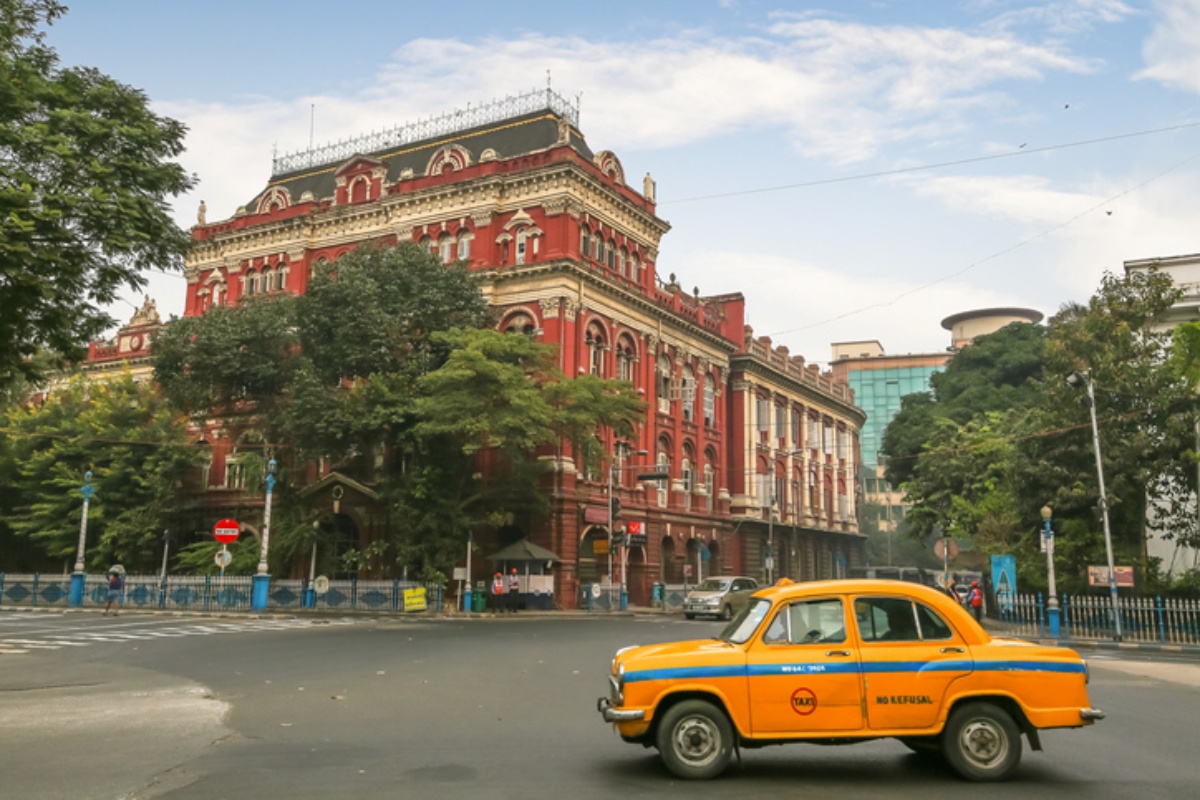City, districts go have heat wave from Sunday: Met
Kolkata is also headed for hot and humid weather conditions this weekend brought by soaring day temperature and increased humidity.
Highly regarded scientific journal, Nature, has listed Kolkata as topmost among Indian cities in its listing of 200 scientific cities in the world for this year.

Kolkata city of dreams [Photo:SNS]
Highly regarded scientific journal, Nature, has listed Kolkata as topmost among Indian cities in its listing of 200 scientific cities in the world for this year.
The ranking is based on the number of authors and institutions from the city and their proportional contribution to papers published in the high quality scientific journals from around the world last year.
Advertisement
Kolkata Metropolitan Area ranked 84 this year and ranks first followed by Bengaluru (85) and Mumbai Metropolitan Area (98) while Delhi ranks 124. Globally, Beijing topped this year’s list followed by Shanghai and New York.
Advertisement
The Nature Index marking, which is a mark of high quality research output, has been cause for celebration among the scientific and academic circles of Kolkata who feel that this will give motivation to the work of talented researchers in and around the city. Kolkata’s position on this years’ Nature Index is almost 20 points higher than last year’s ranking, beating major research destinations like Edinburgh, Helsinki, Geneva and Frankfurt.
As per the list, Beijing and Shanghai rank first and second, followed by New York and Boston. Nanjing, China ranks fifth in the list.
Kolkata has a history and legacy of scientific research. Dr Mahendralal Sirkar set up the Indian Association for the Cultivation of Science on 29 July, 1876. Dr Sirkar had treated Sri Ramakrishna when he was suffering from cancer. Nobel Prize winner C V Raman has worked in the cultivation of science from 1907-1933. He got the Nobel Prize for his invention of Raman Effect in 1930. Professor Satyendranth Bose had collaborated with Albert Einstein and produce Bose Einstein Theory in 1924-25. Professor PC Mahalanobis set up the Indian Statistical Institute on 17 December, 1931. Professor Mahalanabis was a teacher at The Presidency College for over two decades.
Acharya Prafulla Chandra Ray and Acharya Jagadish Chandra Bose had taught in Presidency College and produced great scientific scholars like Snehamay Dutta, Gyanchandra Ghosh among others.
Advertisement